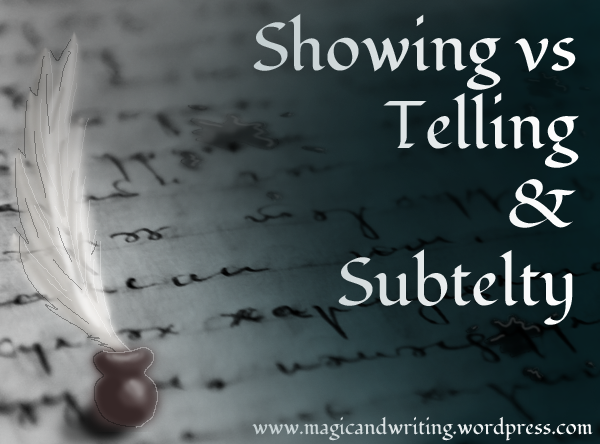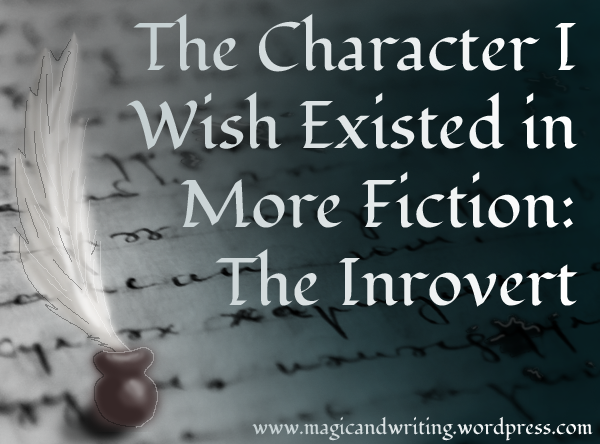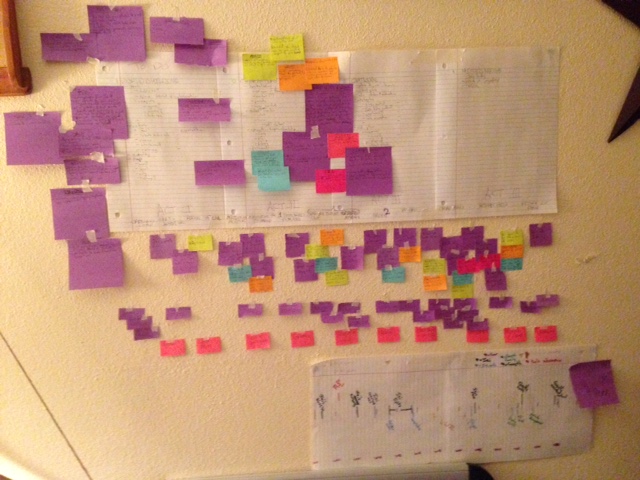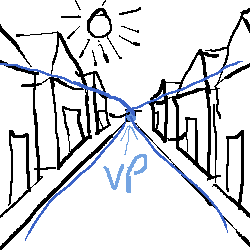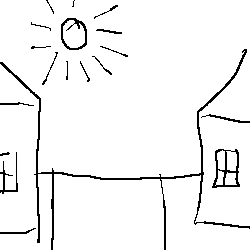I love character interactions. Seeing the way this character reacts to this other character—it’s so much fun. I also love character interviews. It’s fun to ask the characters questions and try to make them give honest answers.
What’s especially fun is character interviews with multiple characters, because I get to ask questions and watch the characters react to each other’s answers.
So this month, I decided to participate in Beautiful People with…five of my characters from my current novel, Oracular.

This months theme is on parents. So, I introduce Ereinne (air-EEN), Iaelie (eye-AY-lee), Tiri (TEAR-ee), Kalvias (KAL-vee-ahs), and Cimizelle (sim-ih-zel).
(Fun fact: Ereinne shouldn’t be part of this interview, because she doesn’t have any parents, but she somehow snuck herself in anyway. Characters.)
So. Without further ado…
Do you know both your biological parents? Why/why not?
Tiri: Father, yes. My mother died when I was young.
Ereinne: No, because my parents have been dead for centuries, but I have Iaelie and Ennalie. They are my Guardians after all. Even if they’re younger than me.
Iaelie: I’m not your parental guardian, Ereinne.
Ereinne: But you’re still my Guardian!
Iaelie: …I’m basically your bodyguard. You realize that, right?
Ereinne: Whatever. Are you going to answer the question?
Iaelie: Yes, I know my parents.
Kalvias: Yes.
Cimizelle: Uh-huh.
Have you inherited any physical resemblances from your parents?
Ereinne: Considering I’m not related to Iaelie and Ennalie, no. In fact, we probably look as different as we could possibly look. You know, what with my dark curly hair and Iaelie’s long, straight, blonde hair, and—
Iaelie: *clears throat* I have my father’s height, and some of his face, but my mother’s hair.
Tiri: Some of my father’s figure. I definitely have his hands. I don’t really know what my mother looked like, though.
Cimizelle: Ha, no! Okay, maybe I have my mom’s hair, but I’m so tiny and my blue eyes… they make it hard to see the resemblance.
Kalvias: I see the resemblance, Cim.
Cimizelle: Really?
Kalvias: Absolutely. I’ve never really paid a lot of attention to how much I look like my parents, but I have been told it’s obvious who’s kid I am. So I guess I do look like them.
What’s your parental figure(s) dress style? Add pictures if you like!
Ereinne: Iaelie doesn’t have much of a choice in clothing, but I doubt she’d dress interestingly if she did. So she just wears what all the Guardians wear.
Iaelie: I haven’t seen my parents in years. I’ve no idea. I never paid attention to that as a child.
Tiri: Something practical and comfortable. And it was almost always a little bit dusty.
Cimizelle: If it’s fancy and of the latest fashion, they wear it.
Kalvias: Same with my parents.
Do you share any personality traits with your parental figures? And which do you take after most?
Ereinne: Nope! I would know if I was as stiff and boring as Iaelie.
Iaelie: *glares*
Ereinne: What? You know you’re boring. Actually, I think I might have some things in common with Ennalie. She’s definitely not as bouncy as me, but she can be excitable.
Iaelie: I hope I haven’t picked up on any of the family traits. *shudders*
Cimizelle: I hardly know my parents, so I’ve no idea.
Kalvias: I’m pretty sure you get your glare from your mother, Cim.
Cimizelle: *frowns*
Kalvias: I can’t deny I don’t have some of my parents’ knack for being sneaky.
Tiri: I’m a lot like my father. I spent more time around him than around anyone else, though, so it’s not a surprise.
Do you get on with their parental figure(s) or do you clash?
Ereinne: Um. I suppose we mostly get along, but I can’t deny that Iaelie gets on my nerves sometimes.
Iaelie: Same to you, Ereinne. As for my parents… we didn’t get along, but it was usually distanced so there were no clashes, per se. I usually tried to hide into the background.
Tiri: I loved my father. We had our fights, but we got along.
Kalvias: Honestly, I don’t see my parents much. There’s never really an opportunity to fight.
Cimizelle: Hey, you see your parents more than I see mine. Mine come to visit me one every other day or so, and usually not for long.
Kalvias: Cim, usually I only see my parents at dinner, and that’s across the table where I can’t even talk to them. They’re too busy talking political stuff with your parents.
Cimizelle: But that’s every day.
If you had to describe your parental figure(s) in one word, what would it be?
Ereinne: Iaelie, I’d say stiff. Ennalie, I think I’d say young? She’s sweet and everything, but definitely young.
Iaelie: Distant.
Tiri: *eyes pool up with tears* Dead.
Ereinne: *hugs Tiri*
Tiri: *takes really deep breath* Loving.
Kalvias: Um.
Cimizelle: Royalty.
Kalvias: I don’t think that really answers the question, Cim.
Cimizelle: Sure it does. They are royalty, and it explains why they have no time for me.
Kalvias: I suppose so. Mine are… busy, I guess? That really doesn’t explain them, either, but that’s all I really know about them.
How has your parental figure(s) helped you most in their life?
Ereinne: Iaelie and Ennalie protect my life. I’m not sure what from, since I can’t leave the castle, but their job is to look after me.
Iaelie: …they gave birth to me.
Ereinne: They also raised you.
Iaelie: That wasn’t how they helped me.
Tiri: He was there for me, always. And he loved me.
Cimizelle: I fail to see how to answer this question, seeing as how they locked me in a tower!
Kalvias: They gave me an education and then didn’t pay enough attention to me and let me do my own things.
Cimizelle: How is that helping you?
Kalvias: *grins mischievously* I almost never got in trouble.
Cimizelle: *frowns* So no wonder you’re such a huge pain.
Kalvias: *glares* Hey, if they had kept a closer eye on me, you and I would never have met.
Cimizelle: True.
What was your biggest fight with your parental figure(s)?
Ereinne: That would be when I told Iaelie that she needed to work things out with her almost-boyfriend because it’s obvious the two really like each other, but every time he tries to make something happen, she pushes him away!
Iaelie: He’s not—! Ereinne!
Ereinne: He’s not your boyfriend? I know, that’s the point!
Iaelie: *glares*
Tiri: I don’t really remember.
Kalvias: Me neither, honestly.
Cimizelle: One of the times my parents came up to check that nobody was in my tower with me. I know they have reason to suspect someone was visiting me who shouldn’t have been, because Kalvias was sneaking up here, but it’s still annoying.
Iaelie: Biggest fight. I don’t know. I had bigger fights with my older siblings.
Tracing back the family tree, what nationalities are in your ancestry?
Ereinne: Considering I’m an Oracle, I both have no idea, and I’m not sure it really matters…? I mean, especially since, I was born before the war and the Transition and all that.
Iaelie: Keilorian, mostly.
Kalvias: There may have been a tad bit of Akelyan wwwaaaayyyyyy back, but that was before the war.
Cimizelle: I’ve no idea. I’m not sure I even know my grandparents’ names.
Kalvias: That would be Queen Maelira and King Relmir I.
Cimizelle: Right. Hey, don’t look at me like that. It’s not my fault my parents wouldn’t even get me a tutor! *huffs* Teaching yourself to read is a lot harder than it sounds.
Tiri: Mostly Keilorian, but there’s a little Inizaelan, too.
What’s your favourite memory with your parental figure(s)?
Tiri: *takes a deep breath* The first time he showed me how to shape clay. I still have that…blob. I’m not even sure what it’s supposed to be anymore, but it’s definitely not functional.
Ereinne: Um, let me think. *feigns deep thought*
Iaelie: *glares at Ereinne* The time my mother brought me to buy a new dress for me to wear to Initiation. I still wish I hadn’t worn a dress to that, but the afternoon we bought it was fun, and I enjoyed the time with my mother where there were no other siblings around.
Cimizelle: One of my birthdays. My eleventh? My parents got me a dozen books, which is more than they’d ever gotten me, and I was so happy.
Kalvias: Nothing comes to mind, honestly. Maybe right after my baby sister was born, and we were all together as a happy family.
Cimizelle: You had a baby sister?
Kalvias: Yeah. She died before she was a year old, though.
Cimizelle: Awww, Kalvias… why did you never tell me that?
Kalvias: It’s a painful memory.
Ereinne: Aha! I got it! So, about six months after Iaelie was assigned to me. She was eleven years old, and so she looked the same age as me, even if I was actually six hundred seven. Anyway, Iaelie invited her best friend Datael over to my room, and the three of us played make-believe. Of course, we were breaking the rules, because as Guardians, both Iaelie and Datael weren’t supposed to play silly games like that with their Oracles, but we had so much fun and Iaelie was so happy.
Iaelie: I kind of remember that… we were in trouble for the next month after that.
—
That was fun, and way more civilized than I expected. I actually learned a few things, too, that I didn’t know. Kalvias, I’m pretty sure I have a right to know that you had a baby sister.
